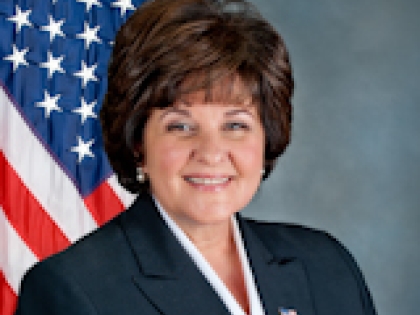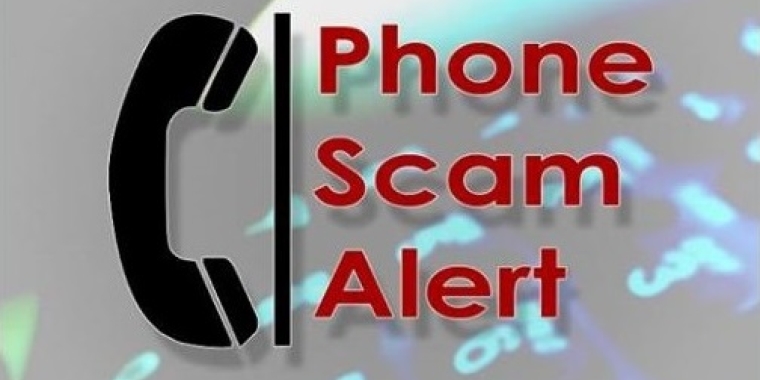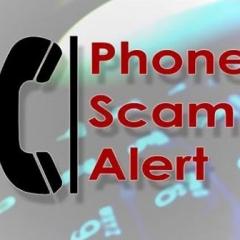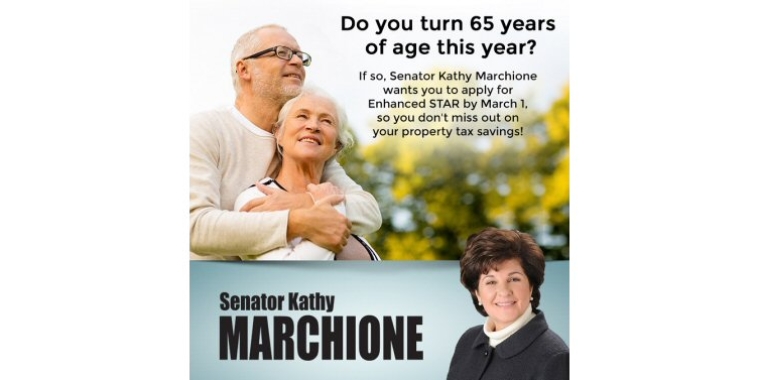
Phone Scam Alert!
August 20, 2015


Award: other
Phone Scam Alert!
My office was contacted by a constituent who shared the following story (below). Thankfully, she and her family realized the call was an attempted phone scam and they didn’t become victims! My constituent gave her permission for me to make mention of this situation to help others avoid being scammed. Remember, if you ever get a suspicious call asking you to send money (especially via money order) somewhere, or give out your Social Security number, bank account information or any other personal or financial information, there is a good chance it could be a scam. Right below the message from my constituent are some scam prevention reminders from the Federal Trade Commission (http://www.consumer.ftc.gov/articles/0076-phone-scams):
“My in-laws received a call this morning, the person on the phone used an actual name of one of their grandson’s and asked them not to tell his parents but he needed money to get out of jail and he was in another country. He had a cold so his voice sounded different. They (scammer) wanted them (in-laws) to go to the WalMart or Wells Fargo and send out a money order.
My in-laws and I had talked about this and wisely they asked the person for his middle name, his parents’ names, and his wife’s name. He said he had to go and hung up quickly. They didn't get the phone number. I helped them access the ‘Do Not Call’ Registry form online.
I do not think anyone, especially elderly seniors (87 & 85 years old) should get phone calls like this and the accompanying concerns and upset that it does to them. My in-laws were able to quickly ask questions and not get tricked but I am sure others may not.”
Telephone Scam Prevention Reminders:
• Resist pressure to make a decision immediately.
• Keep your credit card, checking account, or Social Security numbers to yourself. Don't tell them to callers you don't know — even if they ask you to “confirm” this information. That's a trick.
• Don’t pay for something just because you’ll get a “free gift.”
• Get all information in writing before you agree to buy.
• Check out a charity before you give. Ask how much of your donation actually goes to the charity. Ask the caller to send you written information so you can make an informed decision without being pressured, rushed, or guilted into it.
• If the offer is an investment, check with your state securities regulator to see if the offer — and the offeror — are properly registered.
• Don’t send cash by messenger, overnight mail, or money transfer. If you use cash or a money transfer — rather than a credit card — you may lose your right to dispute fraudulent charges. The money will be gone.
• Don’t agree to any offer for which you have to pay a “registration” or “shipping” fee to get a prize or a gift.
• Research offers with your consumer protection agency or state Attorney General’s office before you agree to send money.
• Beware of offers to “help” you recover money you have already lost. Callers that say they are law enforcement officers who will help you get your money back “for a fee” are scammers.
• Report any caller who is rude or abusive, even if you already sent them money. They'll want more. Call 1-877-FTC-HELP or visit ftc.gov/complaint.
Share this Article or Press Release
Newsroom
Go to NewsroomNYS has $14.5 BILLION in unclaimed funds, are any yours?
March 13, 2017

Senator Kathy Marchione's "Week in Review"
March 10, 2017


